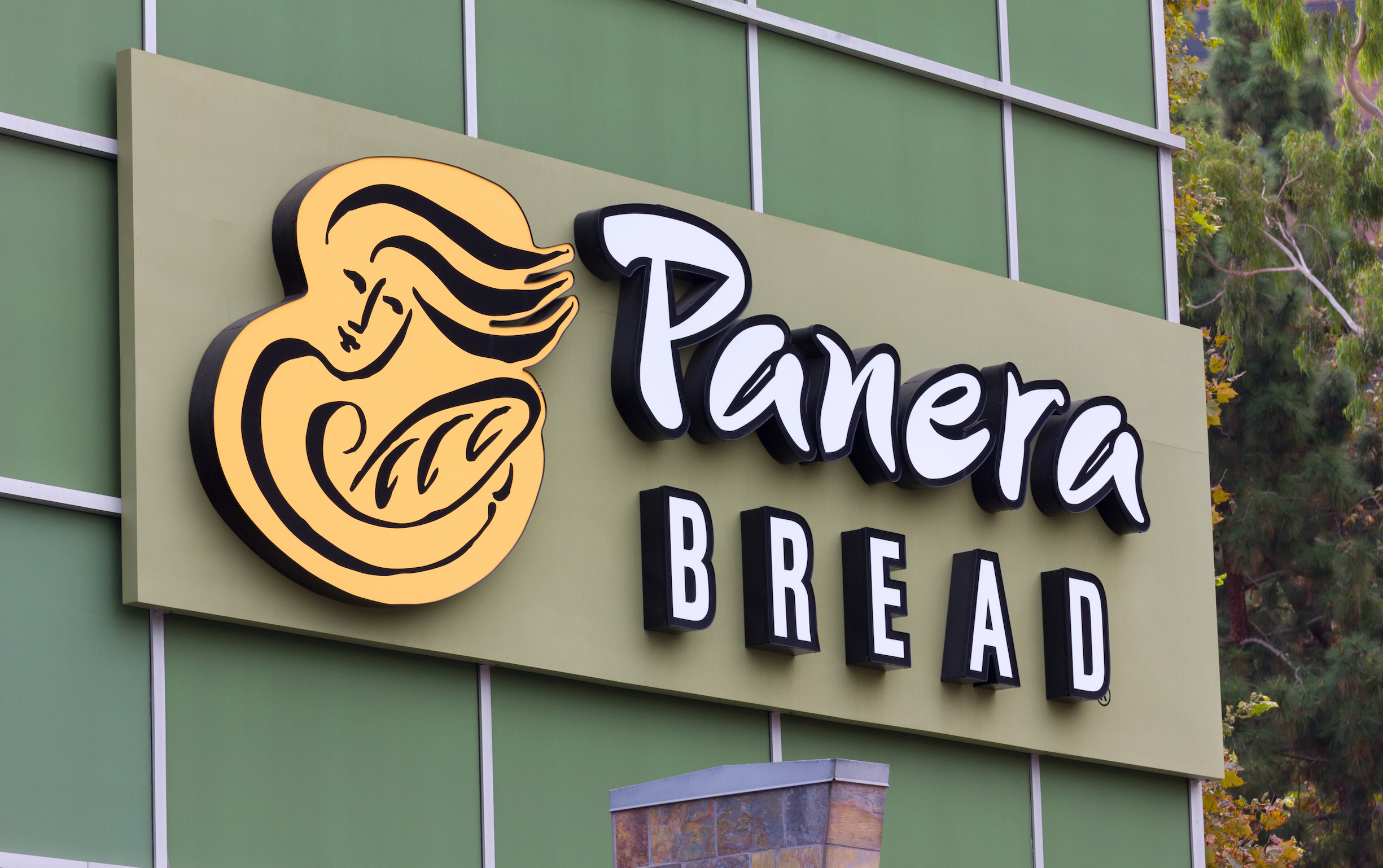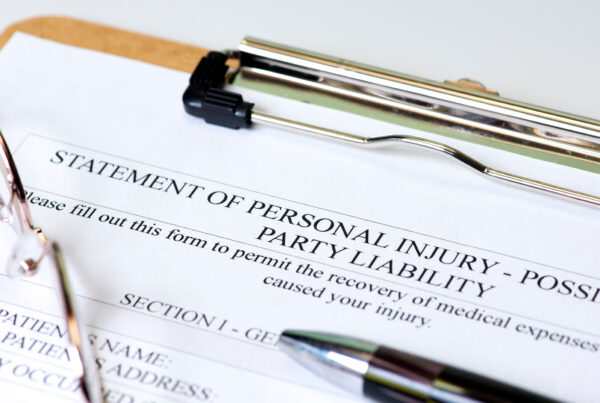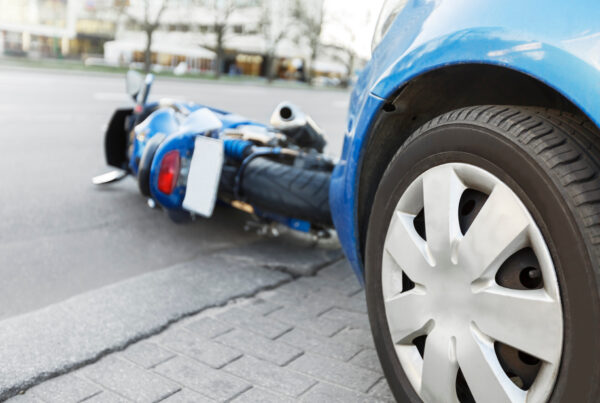Businesses selling products and services have an obligation to provide customers with goods that are safe or include an adequate warning that allows them to make an informed decision for their own health and safety. Unfortunately, that’s not always the case, and when a business fails to provide sufficient warning, people can be severely injured or worse. Fast food bakery and café Panera is the latest company to be accused of failing to warn customers regarding the caffeine content of their Charged Lemonades, leading to customers alleging serious physical harm and deaths, resulting in multiple lawsuits being filed.
In this blog, we’ll explore the potential case against Panera and the importance of working with an experienced attorney in these types of cases involving product liability and personal injury.
What to Know About the Claims Against Charged Lemonade
The Panera lawsuit involves their Charged Lemonades – flavored lemonades with high caffeine content. Consumers are accusing the café of failing to disclose the caffeine content or highlighting it on the self-serve options within the restaurant, allegedly resulting in permanent health issues and deaths.
As a result of some of the incidents, families began filing lawsuits against Panera beginning in October of 2023. Court documents in one lawsuit state that a large Charged Lemonade contains caffeine far exceeding the amount in energy drinks like Monster or Red Bull. They claim it was also advertised as a “clean” drink with the same caffeine content as a dark roast coffee.
Since the lawsuits have been filed, Panera claims it has enhanced the disclosure of caffeine to make it more obvious to consumers. However, the lawsuit argues that the marketing and beverage preparation at individual store locations further contributes to its potential danger. Panera requested to dismiss one of the suits but was denied by a judge.
How Much Caffeine is in the Charged Lemonade from Panera?
Knowing how much caffeine is in the Panera Charged Lemonade you’re getting is dependent on the size and flavor you choose. Here are the caffeine contents according to Panera’s website:
- Blood Orange Charged Splash: Contains 124 – 210 mg of caffeine
- Strawberry Lemon Mint Charged Lemonade: Contains 157 – 236 mg of caffeine
- Mango Yuzu Citrus Charged Lemonade: Contains 156 – 234 mg of caffeine
The court documents filed in Skerritt’s lawsuit claim that a large Charged Lemonade contains up to 390 mg of caffeine in a 30-ounce serving. This high level of caffeine poses dangerous health risks to everyone but is particularly serious for vulnerable groups such as children, women who are pregnant or breastfeeding, those with existing health conditions, and individuals sensitive to caffeine.
How Many Incidents Occurred After the Consumption of Charged Lemonade?
There have been several events that could make the claim for calling the Panera Charged Lemonade dangerous.
- In September of 2022, 21-year-old Sarah Katz drank a Charged Lemonade. At a young age, Katz was diagnosed with QT syndrome type 1, a heart condition that meant she steered clear of energy drinks. Her family claims she saw no signs indicating the high caffeine content of the Charged Lemonades. Unfortunately, hours after consuming the drink, she collapsed and fell into cardiac arrest, passing away. In October 2023, Katz’s family filed a wrongful death lawsuit alleging the cardiac arrest was a direct result of drinking the Charged Lemonade.
- In April of 2023, Lauren Skerritt drank two-and-a-half Charged Lemonades, leading to heart palpitations and dizziness that persisted into the following day when she decided to visit the emergency room. Despite being an active individual, she was diagnosed and treated with atrial fibrillation, which is an irregular heartbeat that can potentially cause blood clots, stroke, heart failure, or other complications. Skerritt claims to continue suffering ongoing symptoms almost a year after the initial incident. Skerritt filed a lawsuit against Panera in January 2024.
- In October of 2023, Dennis Brown consumed three Charged Lemonades. Typically, he avoided energy drinks due to high blood pressure. After drinking the heavily caffeinated beverages, he went into cardiac arrest and passed away on his walk back home. His family filed a wrongful death lawsuit in December 2023, claiming that Panera should have been aware of the beverage’s associated risks and provided better labeling.
Since the initial lawsuits were filed in October 2023, Panera changed the labels on their Charged Lemonades, adding product description warnings to their online menu and including a caffeine range on their title cards. The café has also placed warnings in-store and removed the drink from the self-serve area. However, they were still comparing the drinks’ caffeine content to that of their coffee, which, as pointed out in the Katz lawsuit, is off by over 100 mg.
Panera’s Legal Obligation to Warn Consumers
Companies offering consumable goods are expected to warn customers about their products, from potential allergens to caffeine content and more that could result in adverse reactions. These lawsuits against Panera in particular highlight the importance of providing adequate warnings to consumers.
As a cornerstone of product liability law, businesses have a duty to warn. Companies must also consider vulnerable groups, like those with pre-existing health conditions when formulating products and creating marketing strategies. Both of these legal obligations are in question and are part of the central allegations in the lawsuits against Panera.
Navigating Your Rights as a Victim in a Defective Product Lawsuit
Understanding your rights and working with an experienced attorney is essential to getting the compensation you deserve in such a case. Winning a defective product lawsuit requires certain evidence to be proven by the plaintiff, including:
- A failure on the part of the business to adequately warn consumers
- The business knowing the potential dangers and risks but failing to consider these during product development and in marketing
- Proving the product was the direct cause of the injury or death
Because these cases deal with various health concerns, scientific evidence is also needed to demonstrate the health risks associated with high caffeine intake, which is generally presented through expert testimony and research. Attorneys will also have to be able to prove that a reasonable individual would not be able to anticipate the risks associated with the product, making it a liability.
Several individuals will come forward in many defective product cases, potentially making it more likely that lawyers will look at filing class action suits to settle for everyone without having to file multiple individual cases. While there has not yet been action to file a Charged Lemonade class action lawsuit, it could be a potential option in the future if more individuals claim injury or death.
Did You Experience Medical Issues After Drinking a Charged Lemonade? Contact the Simon Law Firm.
Losing a loved one or experiencing ongoing health issues because of a product like Panera’s Charged Lemonades is a difficult situation to navigate. Not only do you want to be able to move forward without the financial and emotional difficulties, but protect others from the same situation, as well. At the Simon Law Firm, our experienced personal injury, wrongful death, and product liability attorneys are here to help.
Have you or a loved one been injured after consuming Panera’s Charged Lemonades? Contact our firm today to discuss your case and get the justice you deserve.







